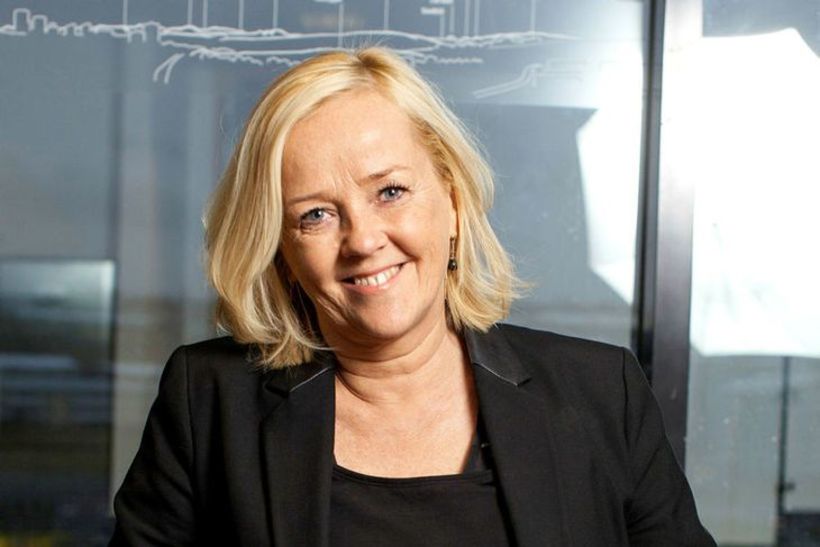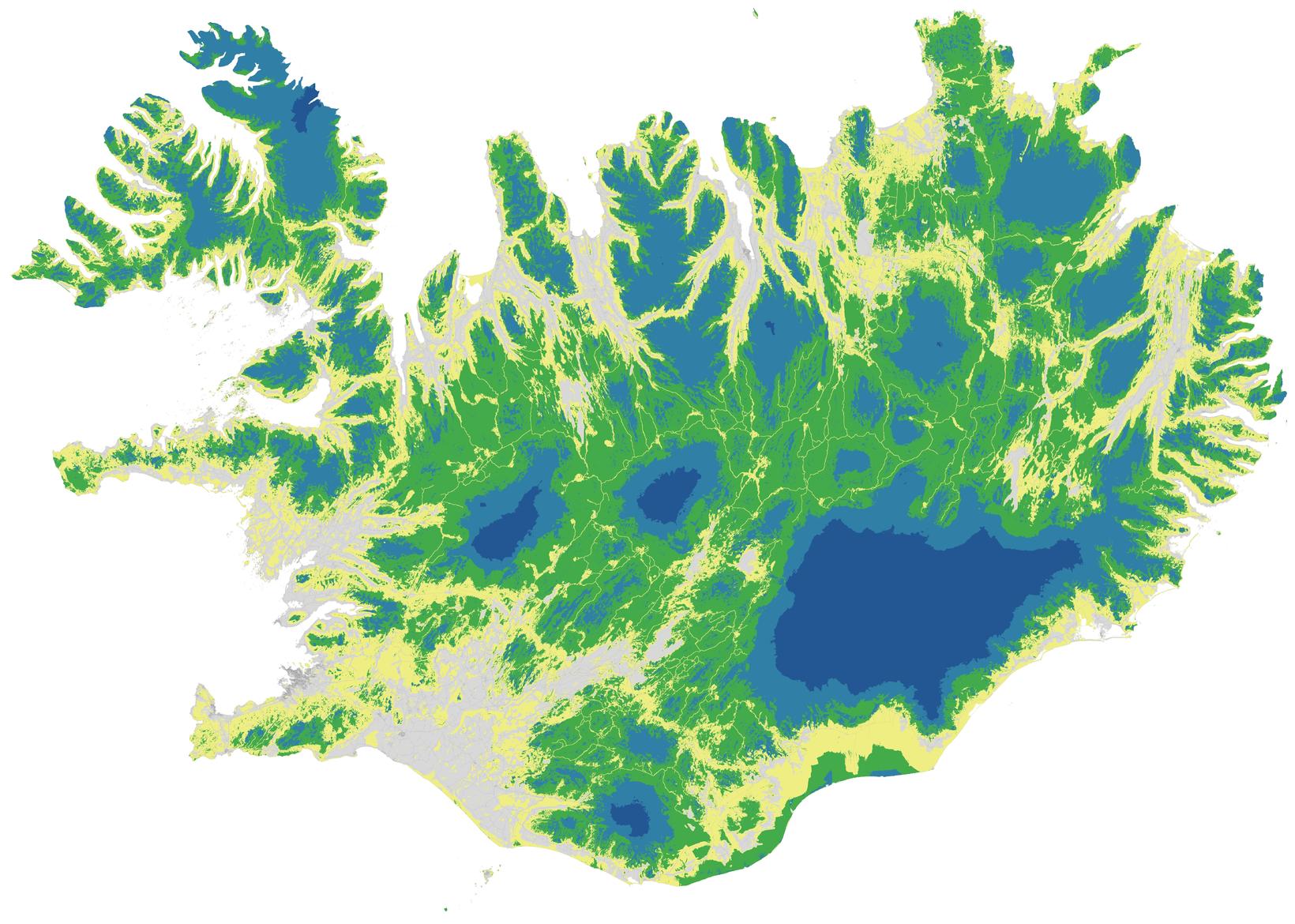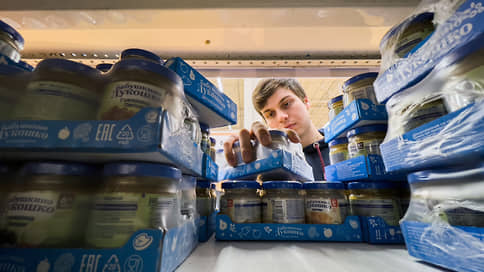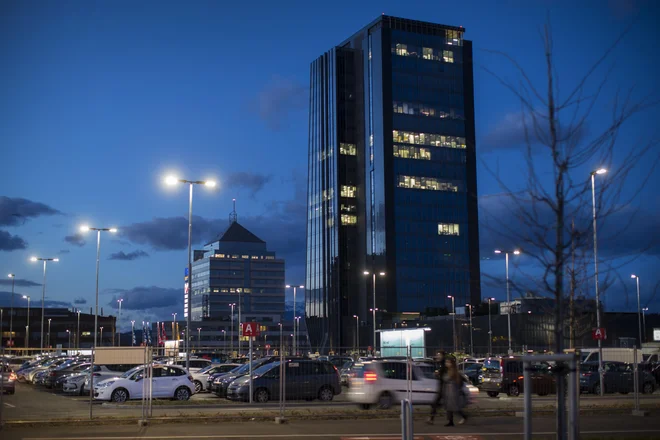Increase said to make Iceland poorer
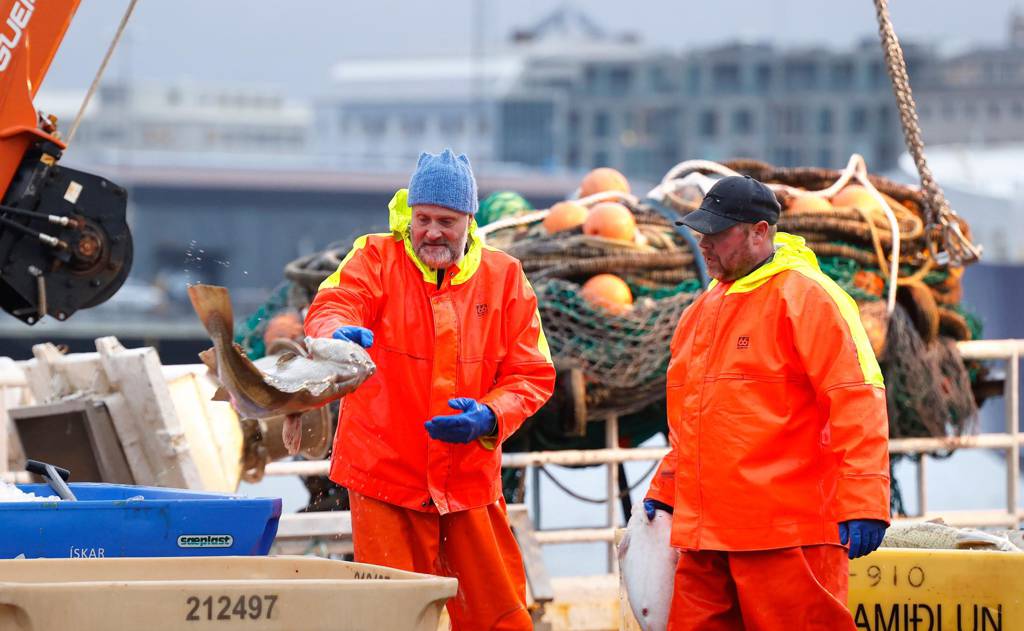
« In short, the ideas in the draft draft bill are an effective way to make Iceland poorer and slightly more.
« Fishing fees is a tax on business that is primarily outside the capital area. It contributes to the weaker and more modest business in the countryside, » he asserts, saying that those who are primarily benefit from the fact that fishing fees will be raised significantly are Iceland’s competitors in international fish markets.
Ragnar is unimportant in the case and says the extensive increase proposed in the bill by Hanna Katrín Friðriksson, Minister of Industry, is likely to weaken the fisheries sector as a business sector, reduce the export value of marine products, thus lowering the income of the economy.
« The impact on other industries is also negative. They will normally reduce the willingness of investment in the country, which reduces economic growth and further reduces the future income of the future.
Criticizing working methods
It is assumed that the increases in fishing fees proposed in the draft bill are of such magnitude that they will change in fateful way operating conditions in the fisheries sector, according to Ragnar.
He says, however, « no signs (about) that the authors of the drag have taken advantage of or usually taken into account the great knowledge that exists in the fishing industry. Nothing more likely than the draft has been drafted in accordance with a predetermined result without any significant effort to have what is true. »
Ragnar says the draft bill exposes « unique short -sightedness and lack of understanding » in the Icelandic fishing industry and in the business sector in general.
« » The large increase in fishing fees offered in the draft bill is intended to reduce the export value of marine products, reduce national income, reduce the purchasing power of the public and reduce the tax revenue of the public sector. to its contract. «
The discussion can be read in its entirety in Morgunblaðið today.


